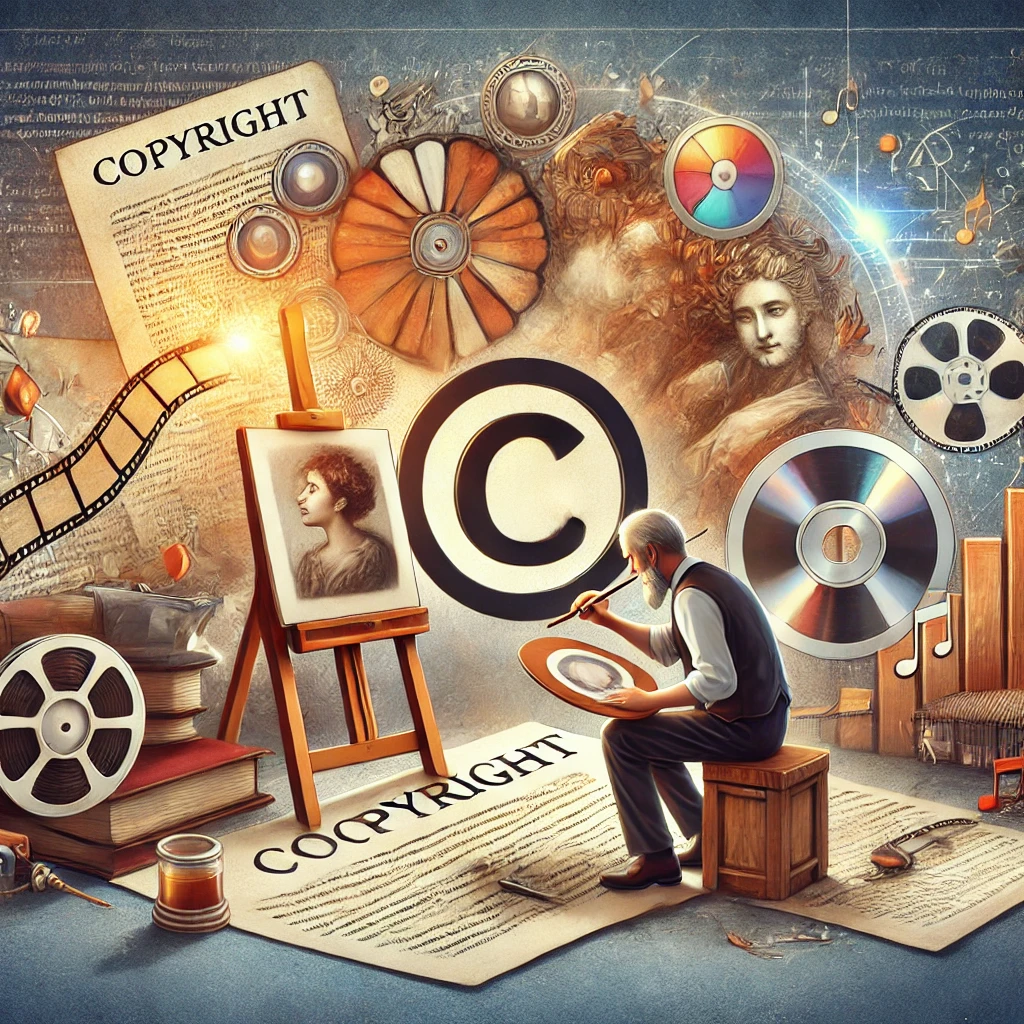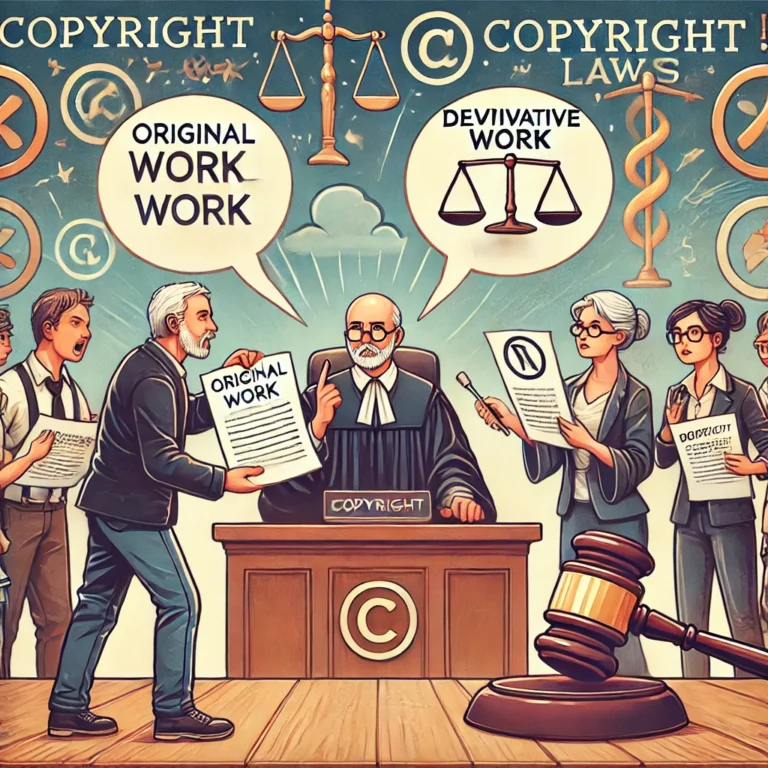Call us now:
Copyright for derivative works under Vietnamese law. The copyright holder of a derivative work has both moral rights and property rights over that derivative work.

Copyright for derivative works under Vietnamese law
For a derivative work to be protected by copyright, the creator must obtain permission from the copyright owner of the original work (unless the original work is no longer under copyright protection or has entered the public domain). Without this permission, creating and using the derivative work would violate copyright and would not be protected under the law.
To qualify for copyright protection, the derivative work must demonstrate originality. This means that, although the derivative work is based on the content or ideas of the original work, it must exhibit the unique creativity of the creator. For example, different translators may produce distinct Vietnamese versions of the same English book, each reflecting their individual style and interpretation.
Copyright for derivative works includes both moral rights and property rights.
Moral Rights for Derivative Works under Vietnamese law
Moral rights for derivative works are similar to those granted for original works. These include:
- Right to Name the Derivative Work: The author has the right to name their derivative work. They may also transfer this naming right to an organization or individual who holds the property rights to the derivative work.
- Right to Be Identified by Real Name or Pseudonym: The author of the derivative work has the right to use their real name or a pseudonym on the work. They also have the right to be credited when the work is published or used, ensuring fair recognition for their creative effort.
- Right to Publish or Permit Publication: The author has the right to publish the derivative work themselves or allow someone else to do so. This includes control over the timing, manner, and context in which the derivative work is introduced to the public.
- Right to Protect the Integrity of the Work: The author has the right to protect their derivative work from distortion, modification, or mutilation that could harm their honor and reputation. This ensures that the derivative work remains intact as per the author’s vision and is not altered in ways that compromise its artistic or moral value.
Property Rights for Derivative Works under Vietnamese law
Property rights for derivative works are those that the author or copyright holder can exploit and use to derive financial benefit from their work. These rights are detailed as follows:
1. Creating Derivative Works: A derivative work can itself become the original for another derivative work. The author or copyright holder of the first derivative work has the right to create additional derivative works based on it. This includes adaptations, revisions, translations, reworkings, or other creative transformations based on the initial derivative work.
2. Public Performance of the Work: The author or copyright holder has the right to perform the derivative work in public. This performance can be live or indirect, through technical means such as recordings or other media. This right applies to venues where the public can access the work, even if they cannot freely choose the time and parts of the performance.
3. Copying the Work: The author or copyright holder has the right to directly or indirectly reproduce all or part of the derivative work by any means or in any form. This copying may include digital reproduction, printing, or any other legally permitted forms of duplication.
4. Distribution and Importation for Distribution: This right allows the author or copyright holder to distribute or import copies of the derivative work for distribution to the public. Distribution can be through sale, rental, or other forms of transferring ownership of the physical copies of the work.
5. Broadcasting and Communication to the Public: The author or copyright holder has the right to broadcast or communicate the derivative work to the public via cable, wireless networks, electronic communication networks, or other technical means. This includes making the work available to the public in such a way that they can access it at a time and place of their choosing.
6. Rental of Original or Copies of Cinematographic Works and Computer Programs: Property rights also include the right to rent out the original or copies of cinematographic works and computer programs, except in cases where the computer program is not the main object of the rental.
These property rights are essential for the author or copyright holder of the derivative work to exploit the economic value of their creation while ensuring they receive proper recognition and financial benefits for their creativity.
Contact Us Now:
DCNH LAW
Address: 38B Tran Nhat Duat, Phuoc Hoa ward, Nha Trang city, Khanh Hoa province, Vietnam.
Phone: (+84) 343320223 – 974278893
Email: dcnh.law@gmail.com


